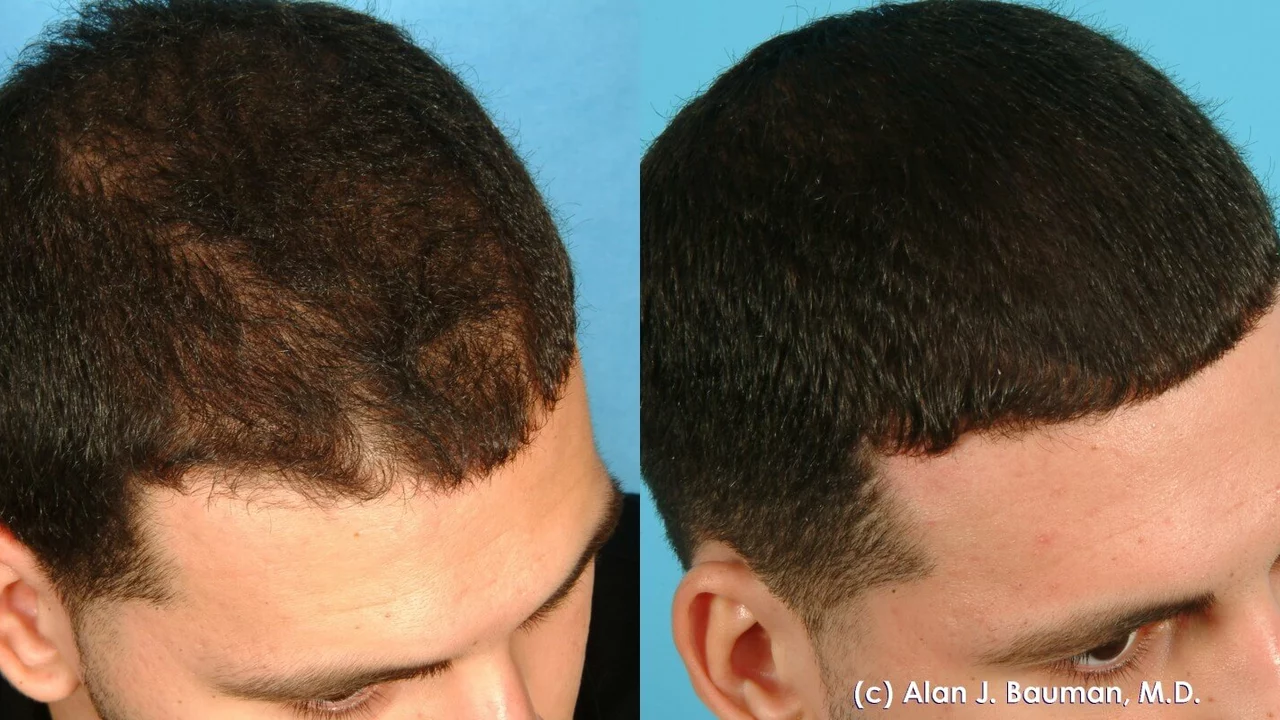Effective Skin Care Routine to Prevent Fungal Discoloration
May 13 2024Norethindrone Acetate and Hair Loss — August 2023 posts
In August 2023 we published a clear, user-focused post about a possible side effect: hair thinning linked to norethindrone acetate. The article explains what the drug is, how it might affect hair, and what to do if you notice more shedding than usual. If you started the medication and spotted changes, this archive sums up the practical points.
What we published in August 2023
The piece covers one main idea: norethindrone acetate, a commonly used progestin, is listed as having hair loss or hair thinning as a potential side effect. That doesn’t mean everyone will lose hair. The post points out that reports range from mild temporary shedding to more noticeable thinning, and that timing matters — signs often show weeks to a few months after starting the drug.
The article describes likely patterns. Two common ways medication can affect hair are telogen effluvium, which causes overall shedding after a trigger, and hormone-related thinning that can mimic androgenic patterns. Norethindrone acetate can have hormone-like effects on follicles in people sensitive to those changes, so some users notice more shedding or thinner hair in parts where they previously had fullness.
What to do if you notice hair loss
First, don’t panic. Track when the shedding started compared to when you began the medication. If it started within 6 to 12 weeks, it might be medication-related telogen effluvium. Talk to the prescriber before stopping any medicine — changing birth control or hormone therapy can have other risks.
Ask your provider about alternatives or dose changes. They may suggest switching to a different progestin or a formulation with lower androgenic activity. Your doctor may also check for other causes: thyroid problems, low iron or ferritin, other medicines, recent illness, or stress. A few simple blood tests can rule these out.
Use gentle hair care: avoid tight hairstyles, reduce heat and chemical treatments, and choose mild shampoos. If shedding is heavy or you see clear bald patches, seek prompt medical review. For persistent thinning, your provider might discuss topical options like minoxidil or refer you to a dermatologist.
The August piece also recommends documenting symptoms and reporting side effects to your local health authority or the drug manufacturer. Keeping a photo diary and noting dates makes it easier to link changes to a medication and helps your clinician give better advice.
Bottom line: the August 2023 post on Pharmacy2Home explains that norethindrone acetate can be associated with hair thinning for some users, but it isn’t automatic or universal. If you’re worried, check timing, see your prescriber, test for other causes, and consider gentler hair care while you work through options.
 1 Aug
1 Aug
Norethindrone Acetate and Hair Loss: A Possible Side Effect?
Well, folks, let's dive headfirst into the wild world of Norethindrone Acetate, a medication more tongue-twisting than my Aunt Sally's spaghetti! Can you believe it, this medical marvel might be playing hide-and-seek with your lovely locks, causing hair loss as a possible side effect! It's like a bad hair day, but on steroids - literally! Nevertheless, don't start sporting the bald look just yet, it isn't a sure-fire side effect for everyone, and it's always best to chat with your doc before jumping to conclusions. So, my hairy friends, keep your wigs on and remember, laughter is the best medicine, unless you're bald, then Norethindrone Acetate might come second!
Read More...




